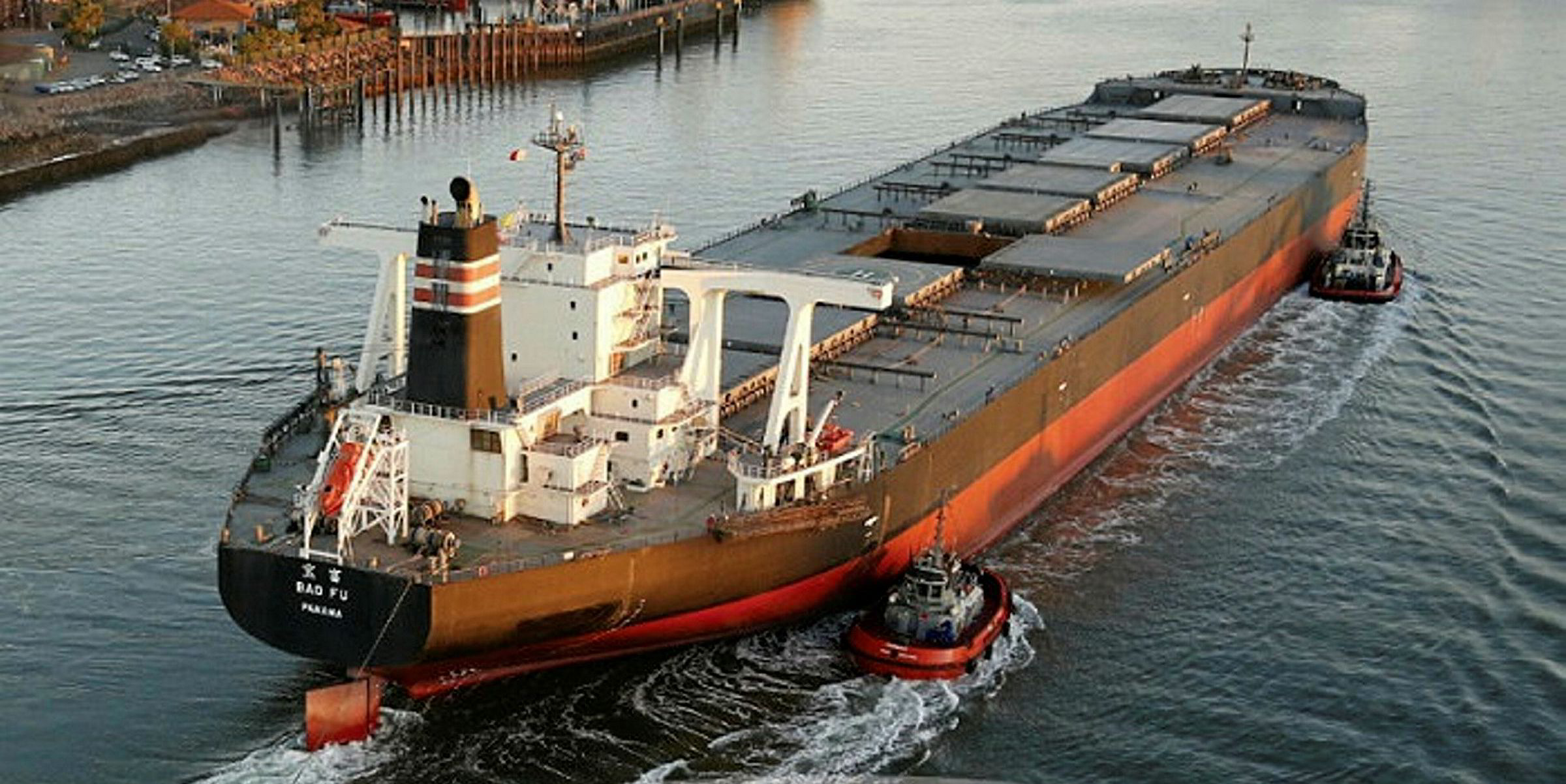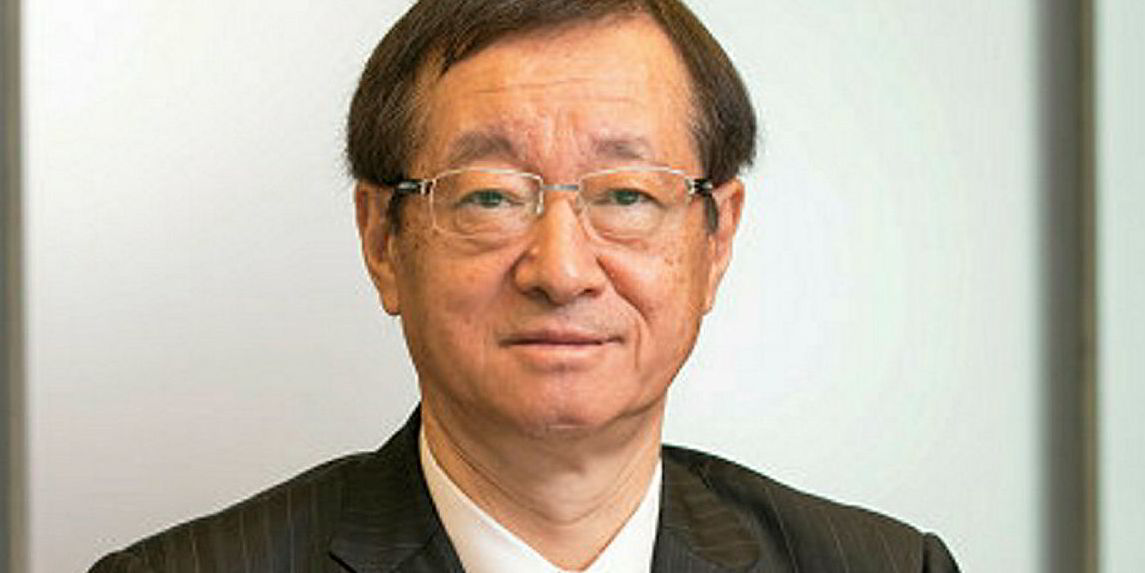Japan's NS United has confirmed the sale of its only VLCC for a tidy profit.
TradeWinds had previously reported the company as having taken advantage of an upturn in tanker asset values in selling the 302,000-dwt VLCC Yugawasan (built 2005) for $33m to Greece’s Dynacom.
NS said on Tuesday that it had sold the ship and would book a capital gain of about ¥2.93bn ($27.23m).
It added that the deal was in line with its fleet development plan.
The vessel will be transferred to a new unnamed owner this month, it said.
The profit will be booked in its accounts for the year ending March 2021.
The company has seen profit fall by more than one-third as a result of poorly performing dry bulk markets.
Net earnings came in at ¥5.9bn ($54.9m), down 36% on the previous year, the company said in its earnings report for the year ending March 2020. Revenue in the same period fell by 1.8% to ¥148.4bn.
NS United blamed a collapse in dry bulk rates from the end of last year for the profit slump. Average earnings on the five main capesize routes had fallen from $38,000 per day in September 2019 to just $2,000 a day in March 2020 because of the impact of coronavirus and other factors, such as the US China trade dispute.
NS United, however, benefited from improved rates in the VLCC and VLGC markets, in which it also operates.
NS United said the global spread of coronavirus has made its performance in the current financial year difficult to predict and it has not yet made a profit forecast for the current period.
NS United is a subsidiary of Nippon Steel and derives much of its dry bulk business from the giant Japanese steel maker.
Nippon Steel has announced a number of temporary and longer-term furnace closures in response to the slump in demand, caused by the coronavirus pandemic and the decline in demand for steel in Japan.
NS United was formed in October 2010, when the former Nippon Steel Shipping merged with compatriot Shinwa Kaiun. The company celebrates its 10th anniversary this year.
Last month, NS United said that "considering the sharp drop in crude oil prices and decline in share prices brought by the concern that Covid-19 may affect global economy", it will log a ¥1bn hit from a drop in the value of its bunker inventory and another ¥1bn in the value of investment securities.
Last year, the shipowner said it was combining its tanker and gas carrier operations with some of its bulker business.
The idea was to "strengthen its energy services", the company said.
Two coal carrier and bulker teams handling domestic and general services were merged with its oil and gas team carrying out services and fuel procurement.
The mixed fleet of 75 ships is mainly VLOCs and other bulkers, but two LPG carriers and three LNG carriers.





